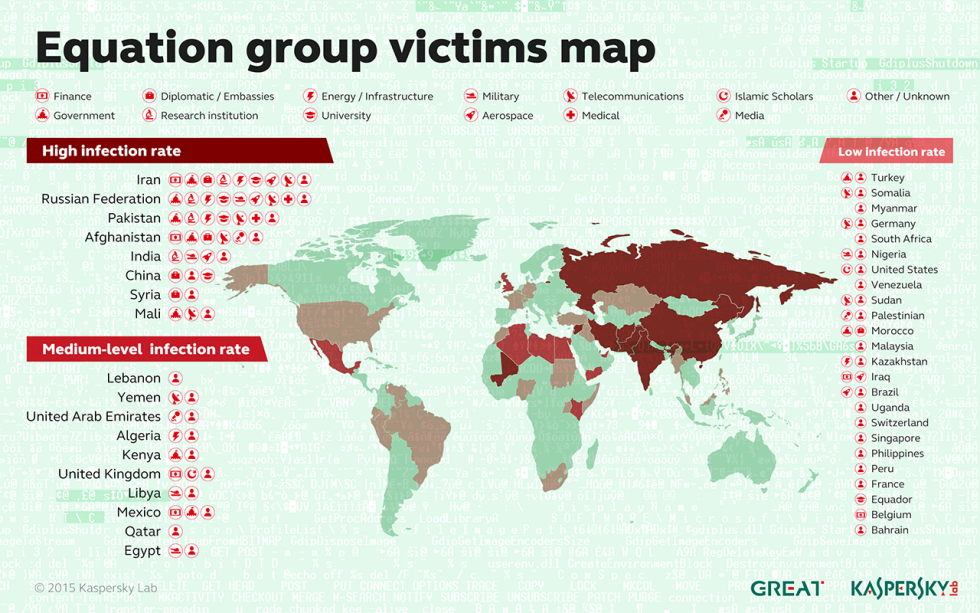
Originally Posted by
JordanGoodspeed

The thing is, Kepi, I actually like you and don't think we're all that far off in the big picture. It's just the specifics where we differ. I think you have an annoying tendency to present pet interpretations of this or that piece of social science theory as incontrovertible and generally acced fact. Mikebert does the same thing from time to time, but at least he actually presents the methodology and data behind it, and so it is a little easier to keep the debate at a more academic level. With you I feel the need to point out, "Hey, that's not actually a real thing!" before you bother to defend what you're talking about. If it ruffles your feathers a little, hey, my bad. Now, as to what you've just posted.
I agree with this wholeheartedly. My point was that, contrary to what you said before, SK actually has a much higher exposure to the global economy, as the figures I posted previously showed. It has really bad demographics, and with its urbanization, income, and productivity at developed country levels, it has less room to grow. It also has comparatively few natural resources with which to power an industrial economy. With North Korea being what it is, SK is effectively an island nation, a condition that is historically associated with a greater reliance on trade. China by contrast is a continental power, self-sufficient in food (the which SK is not), with an abundance of natural resources. Outside of the big coastal cities, its economy is primarily oriented around domestic production and consumption, which is what it would need if trade broke down. It also has a huge surplus rural population, and has tremendous room for productivity growth as best practices in business and industry diffuse through the rest of the economy. It doesn't even need to continue to grow population wise or reach developed country status to become the largest economy in the world, as it still has millions of peasants to move off of subsistence farms and into cities, while attaining even the development level of a Greece or Portugal would be more than adequate to put it at virtually double the US economy. There is also no historical precedent for a Korean superpower in East Asia, while China has been the dominant power in the region whenever it was halfway cohesive. I'm just not seeing whatever it is you're seeing here.
No, it is simply a measure of income disparity in the economy. If anything, a country with a strong state and a high Gini score has MORE room to reorganize without jeopardizing efficiency. This can be observed in the graphs above, where countries like the US in the '20s brought their (equivalent) Gini scores down rapidly as they transitioned into a consumer society through measures like the New Deal. China today has far more in common with the US then than it does the US now.
Well, the short answer is that the US has gone more than 200 years without becoming a totalitarian state, so there are clearly informal differences (meaning outside the written constitutions) betwen it and the (mostly Latin American) states that had the same model. Now, past performance does not predict future results, and I don't feel that it is impossible that the Presidency could become an outright Imperial institution if democratic institutions continued to decay, a la the shift from the Roman Republic to the Roman Empire. If I am not mistaken, the shift from democracy to monarchy was part of the accepted model in classical political thought (via Plato, Aristotle, and Polybius), so the thesis is not necessarily a bad one. But that doesn't mean that it will be desirable, implemented by a new Millennial only party, and follow only your particular prejudices, all of which have been suggested by you before.
I laugh because there is exactly zero intellectual or political momentum for such a shift, even on the fringes, which makes it an extraordinarily unlikely outcome within the next 20 years. Nor have you identified a conceivable mechanism for how such an event could be brought about.
Because it flies counter to a great deal of cultural momentum, both here and abroad, in completely the opposite direction. And particularly if the cause for falling demand for labor is rising automation, it seems unlikely that the labor force would exclude women specifically over men. The dividing line would more likely be based on something like educational attainment, which would if anything privilege women over men, particularly outside the narrowly technical fields.
I write off people's opinions off as wishful thinking when I see no evidence to suggest that they are anything but. I don't claim to KNOW the future, so I could always be wrong, but if I am I feel you should be able to prove that rationally rather than simply make off-the-wall assertions and then act surprised when i disagree.
And I agree that we are in for a downshift, an end to growth, but I think that has to more with things like declining population growth (not here so much), energy constraints, and the breakdown of the globalized dollar economy, much of which I think would tend to act against the trend of automation creating unemployment. If labor prices continue to fall, and capital and energy costs rise, it will become profitable to do more with people and less with machines.




